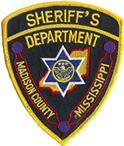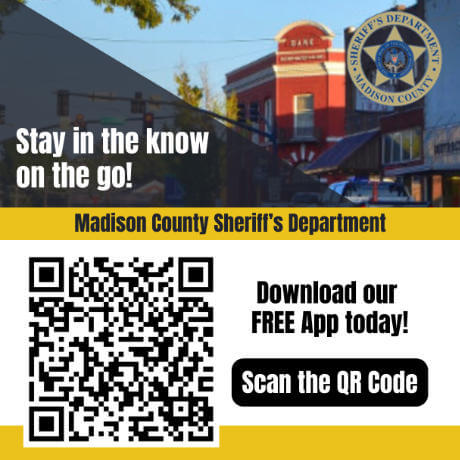Madison County law enforcement began the rollout of the life-saving drug Narcan this week to each of its officers through a program provided by the Bureau of Alcohol and Drug Services within the Department of Mental Health.
The Mississippi Department of Mental Health partnered with the Madison County law enforcement agencies to provide naloxone, known by its nasal spray product name Narcan, a medication that blocks or reverses the effects of opioid overdoses.
The Madison County Sheriff’s Department, Madison Police Department, Ridgeland Police Department, Canton Police Department, and Flora Police Department met last Friday morning to conduct the required hour-long training.
Ridgeland Police Chief John Neal said that the event was a “train the trainers” situation. He said he had 10 officers complete the training and hoped to have his entire 72-man force trained and issued the drug within the next two weeks.
“This is something we hope we never have to use, but it will be a valuable tool in the event that we do have to use it,” Neal said. “This goes both ways. We can use it on violators as well as our own officers who may have been contaminated after coming into contact with drugs during an arrest or at a crime scene.”
Madison County Sheriff Chief Deputy Jeremy Williams said that his department hopes to finish training within the next couple of weeks as well.
“This is a life-saving tool that has been developed to prevent the tragic loss of life. I have been very impressed by what I have seen so far,” Williams said.
Neal said that for reference a department their size was issued 100 dosage units of the drug that will be available to their officers in the field as well as their detention facility.
Narcan reached local attention after a Rankin County Sheriff’s Deputy saved a man who had spent Christmas Day drinking alcohol, popping oxycodone pills and smoking marijuana by administering Narcan.
The Bureau of Alcohol and Drug Services Director Melody Winston said they are providing naloxone through funding provided by the state-targeted response to the Opioid Crisis grant awarded as part of the Twenty first Century Cures Act passed by Congress in December 2016.
“In the last seven months, we have distributed over 8,000 units of Narcan to law enforcement and first responders around the state,” Winston said. “We have received reports of 39 lives saved by law enforcement officers using Narcan provided through this grant.”
In the first month of the task force initiated program, law enforcement officers successfully deployed Narcan 23 times in the state, saving 23 lives, she said.
Originally published at the Madison County Journal

